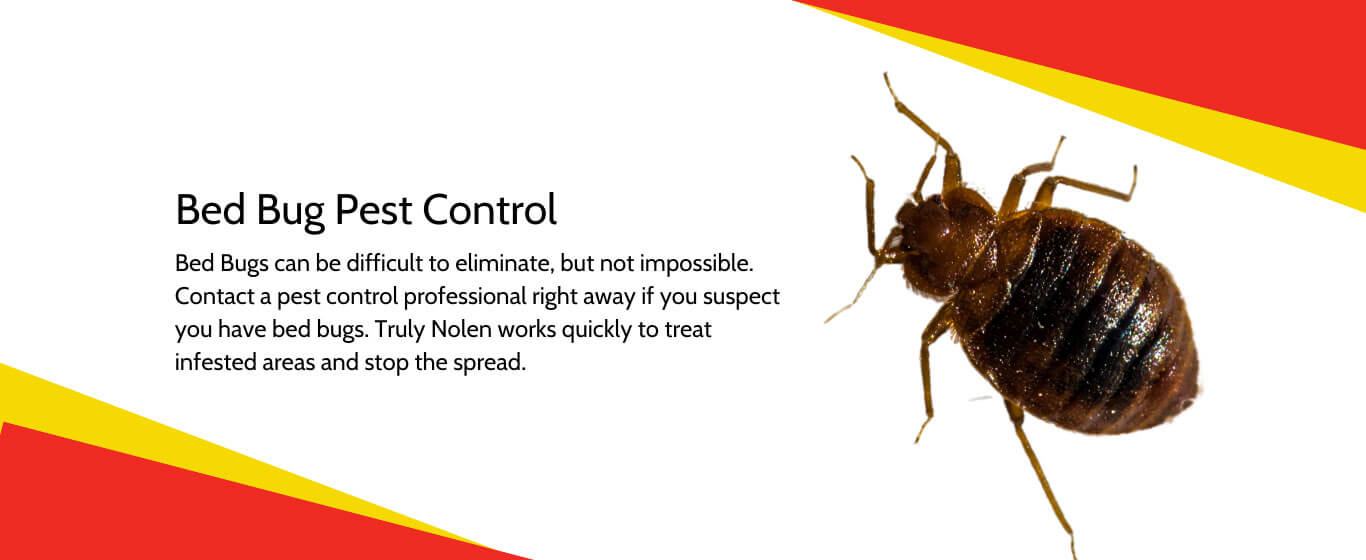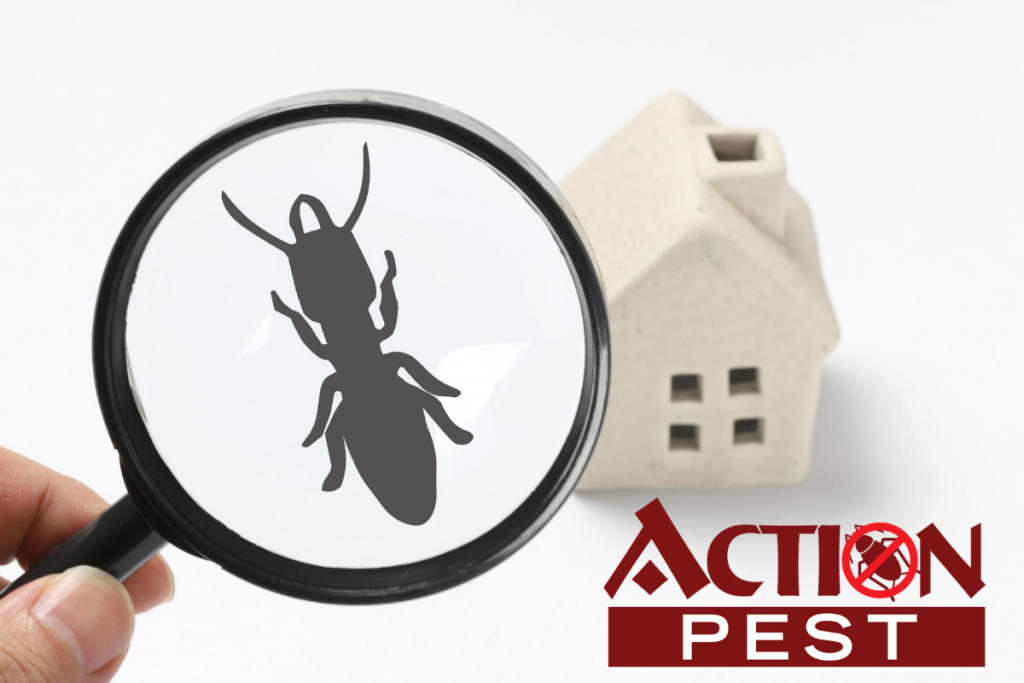Safe and Reputable Parasite Control for Lasting Protection
Efficient insect management calls for a diverse method that balances eco-friendly stability with the need for effective parasite suppression. The nuances of these approaches may not be immediately clear, motivating a more detailed evaluation of the practices that can lead to lasting pest control end results.
Comprehending Insect Control Approaches
Pest control incorporates a selection of techniques focused on managing and eliminating undesirable bugs and rats that can endanger both wellness and residential property. Understanding these approaches is vital for effective bug management.
The key categories of bug control methods consist of mechanical, biological, and chemical techniques. Mechanical approaches involve physical obstacles and traps to prevent bug access and capture undesirable species. For example, making use of screens on home windows or using sticky traps can substantially reduce insect populaces without introducing damaging materials.

Chemical parasite control is typically one of the most identified method, using chemicals to eliminate bugs. These chemicals can be reliable yet must be utilized with caution to avoid negative impacts on non-target species and the atmosphere.
Benefits of Eco-Friendly Solutions
Just how can eco-friendly options transform bug control techniques? The fostering of eco-friendly insect control techniques provides various benefits, substantially boosting the performance and safety of insect administration (exterminator coquitlam). To start with, these remedies make use of all-natural active ingredients, reducing the reliance on hazardous chemicals that can position risks to human health and the environment. This shift not only safeguards families and pets yet additionally decreases the possibility for soil and water contamination.

One more advantage is the favorable influence on regional biodiversity. Environmentally friendly solutions are designed to target details bugs while protecting advantageous pests and wild animals, promoting a balanced ecological community. This technique aligns with the expanding customer need for sustainable techniques, enhancing the reputation of parasite control carriers.
Integrated Bug Management Strategies
The execution of environmentally friendly solutions normally results in the fostering of Integrated Bug Management (IPM) approaches, which even more boost insect control efficiency. IPM is an alternative strategy that incorporates multiple techniques to manage bug populations while lessening environmental effect. This strategy highlights making use of biological, social, mechanical, and chemical controls, guaranteeing a lasting and well balanced technique of bug monitoring.
One fundamental aspect of IPM is the detailed evaluation of parasite activity and environmental problems. By checking pest populations and determining their life cycles, professionals can apply targeted interventions that interrupt the parasite's environment or lifecycle, decreasing reliance on chemical pesticides. Furthermore, social techniques such as crop rotation and environment adjustment can significantly decrease bug facility and reproduction.
One more essential component is making use of organic control representatives, such as valuable pests or bacteria, which can naturally suppress parasite populations. When chemical applications are required, IPM prioritizes making use of low-risk pesticides and uses them uniquely, decreasing direct exposure to non-target microorganisms and humans.
Incorporating IPM techniques not only enhances bug control efficiency yet additionally advertises a more secure ecological community, aligning with the growing need for lasting techniques in parasite management.
Safe Practices for Homeowners
Understanding the importance of safe practices in pest control can encourage home owners to properly take care of bug problems while securing their health and wellness and the atmosphere. Executing preventive actions and safe techniques is vital in lessening direct exposure to damaging chemicals.
Homeowners should initially examine their atmosphere for conditions that bring in bugs, such as standing food, mess, and water waste. On a regular basis cleaning and sealing access points can deter parasites from getting into the home. Utilizing all-natural deterrents, such as vital oils or diatomaceous earth, can supply efficient choices to chemical pesticides.
When chemical therapies are necessary, home owners must go with items that are specifically labeled as risk-free for property usage. It is vital to follow application standards carefully to stay clear of overexposure. In addition, utilizing targeted therapies in areas where bugs are recognized, as opposed to blanket spraying, can substantially reduce chemical usage.
Finally, keeping open communication with parasite control experts is crucial. Homeowners must ask about the security of items used and request eco-friendly options whenever possible. By embracing these secure practices, property click this owners can produce a much healthier living environment while efficiently handling parasite issues.

Tips for Long-Term Security
Developing an insect monitoring approach that highlights long-lasting protection can greatly improve the effectiveness of the secure practices previously gone over. To achieve this, property owners need to implement routine evaluations of their residential or commercial property, focusing on hidden locations such as attic rooms, basements, and crawl spaces. Early discovery of parasite task is essential in stopping problems from taking hold.
These methods minimize attractants that attract bugs into the home. Sealing entry points, such as cracks around doors and home windows, can properly obstruct prospective bug gain access to.
Landscaping ought to also be considered; maintaining plants cut and keeping a range between vegetation and the home minimizes concealing places for bugs. Using natural deterrents, such as essential oils or diatomaceous planet, can better prevent invasions without resorting to harsh chemicals.
Last but not least, teaming up with an expert insect control solution for routine examinations can offer an extra layer of protection. These professionals can provide customized suggestions and advanced therapies, making sure that your home remains protected versus insects in the lengthy term.
Final Thought
Finally, secure and trustworthy bug control requires a multifaceted method that emphasizes environment-friendly methods and incorporated insect monitoring. By carrying out all-natural deterrents, carrying out regular assessments, and maintaining appropriate sanitation, homeowner can significantly minimize pest populations while shielding useful pests and the atmosphere. Cooperation with professional bug control solutions enhances the efficiency of these strategies, ensuring tailored remedies that provide enduring defense and comfort against future problems.
Effective insect monitoring calls for a multifaceted technique that stabilizes ecological integrity with the requirement for reliable pest suppression. The adoption of environment-friendly parasite control methods provides many advantages, significantly enhancing the efficiency and security of parasite monitoring.The execution of eco-friendly services normally leads to the fostering of Integrated Parasite Monitoring (IPM) strategies, which even more improve bug control efficiency. exterminator coquitlam. By monitoring pest populations and identifying their life cycles, specialists can execute targeted interventions that interrupt the insect's habitat or lifecycle, minimizing reliance on chemical pesticides.In final thought, risk-free and trustworthy parasite control calls for a complex technique that highlights environment-friendly techniques and integrated insect management